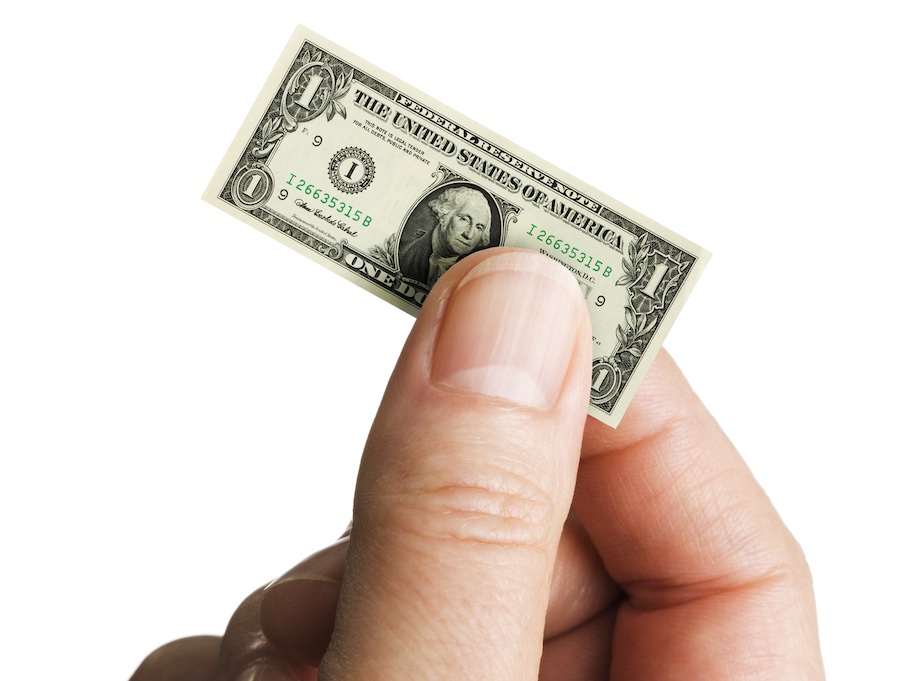Stopping the illegal sub-contracting.
The cleaning industry in Australia is a vital part of the economy, supplying essential services to households, businesses, and government institutions.
However, the industry is filled with illegal subcontracting practices that exploit vulnerable workers and undermine the integrity of the industry. In this blog, I will explore the illegal subcontracting practices in the cleaning industry in Australia, their impact on workers and the industry, and what can be done to address them.
These practices in Australia typically involve the engagement of workers by a contractor, who then subcontracts the work to another party without the knowledge or consent of the original employer. The subcontractor then hires workers, often on an informal or cash basis, paying them below the minimum wage and without supplying basic entitlements such as superannuation, workers' compensation, and sick leave.
Tersus has recently won a contract in Bribie Island. When I interviewed a lady for the job, she mentioned she had no idea where her TFN was and she would need some time to find it, not to mentioned her super details, she had been with her current employer for more than 10 years and was getting $27 on ABN as a contractor. No super, no penalties nothing. On top of this, working long hours without overtime pay, and denied basic entitlements such as superannuation and workers' compensation and employed on a casual or temporary basis, which means they have no job security and can be dismissed without notice.
Consumers drive these practices in the cleaning industry due to the industry's low barriers to entry, high turnover of contracts, and low profit margins. Cleaning contracts are often awarded based on the lowest price, which creates a competitive race to the bottom in terms of wages and working conditions. Contractors who engage in illegal subcontracting practices can offer lower prices than their competitors, which gives them a competitive advantage. This makes it difficult for legitimate operators to compete, leading to a race to the bottom in terms of wages and working conditions.
What can be done to address these illegal subcontracting practices?
The Australian government has introduced legislation to combat illegal subcontracting practices, including the Fair Work Amendment (Protecting Vulnerable Workers) Bill which took effect on the 15 of September 2017 for employers who underpay workers, provides greater protections for vulnerable workers, and strengthens the powers of the Fair Work Ombudsman to investigate and prosecute illegal subcontracting practices.
The Australian government has also established the Cleaning Accountability Framework (CAF), which is a voluntary industry-led initiative aimed at promoting ethical and sustainable cleaning practices. The CAF provides a set of industry standards that cleaning contractors can voluntarily adopt to eliminate illegal subcontracting practices.
In conclusion, illegal subcontracting practices in the cleaning industry in Australia are a significant problem that needs to be addressed consistently to protect vulnerable workers. While there are no easy solutions, government legislation and industry-led initiatives such as the CAF can help to combat these practices and promote fair and sustainable practices in the industry. It is essential for all stakeholders in the cleaning industry, including employers, employees, government, and consumers, to work together to address these practices and ensure that the industry operates ethically and sustainably. If you know it is happening, report it.
Trust your commercial property to Reynaldo and the team, for ethical commercial cleaning that keeps your property clean with trustworthy staff.
